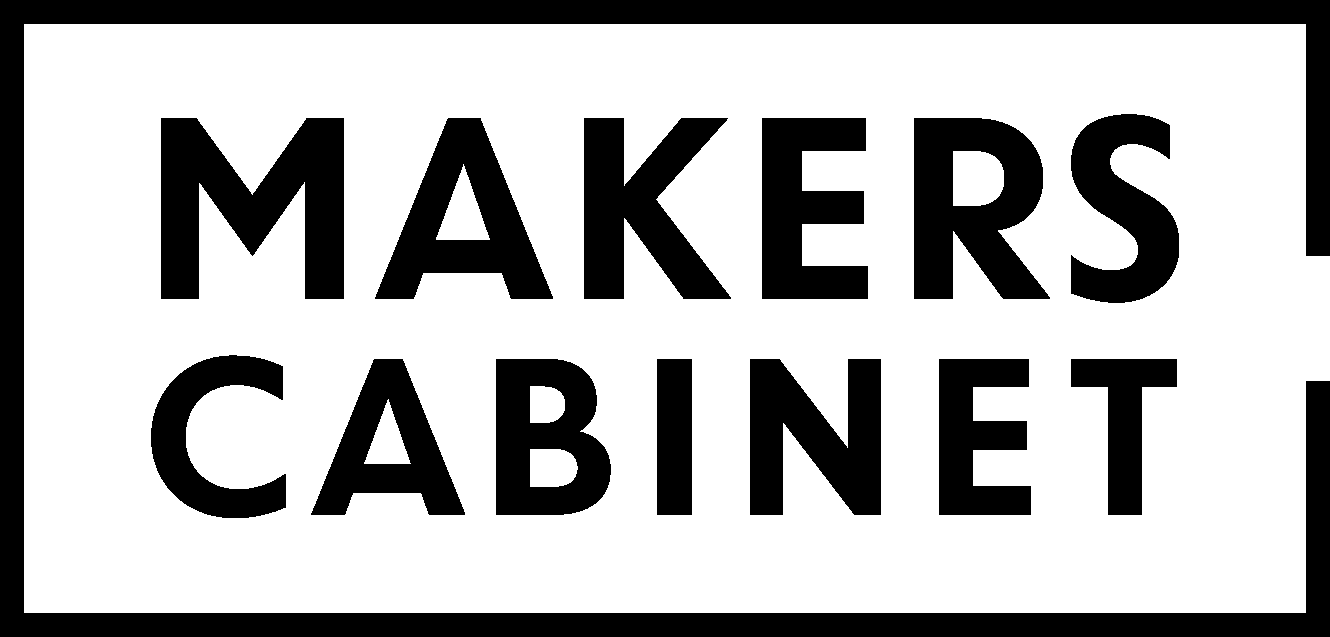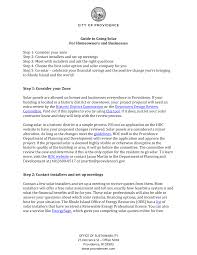
When a home improvement project is beyond your DIY skills, it can be tempting to hire a professional to handle it for you. There are a few things you need to remember before jumping in.
Hiring a professional
If the home improvement project you want to complete requires electrical, plumbing or structural work, hiring a professional can save you from making costly mistakes and fixing problems that could have been prevented. This is especially true if your home has been neglected and the wiring and pipes have not been installed correctly.
A pro is a professional:
No matter your level of DIY experience, a professional can help you complete the project on-time and within your budget. You can find materials at a price you won’t find at your local hardware shop.
You can also rely on them to provide the necessary tools to make sure your work is done correctly, which will help avoid any future problems.

Pros and their costs
If you're wondering how much money you can save by doing a DIY project, take some time to estimate how much the work will cost. It is possible to use several formulas to figure this out, but remember that it will depend upon your experience and how long you spend.
It is possible to compare the prices of different contractors to determine how much they would charge you for your project. Make sure you add your hourly wages and any additional costs like supplies and wear and tear on tools.
Be sure to include all variable costs when comparing a professional quote with your DIY cost. The more information you have, the better your comparative will be.
The Walabot DIY
Regardless of your skill set or experience, you can still benefit from the use of a handy gadget like the Walabot DIY. This device detects pipes, wires, and wooden screws within walls.
It scans an area of wall and then uses a blue light to identify objects. The blue blob appears when objects are near each other. Expert Mode can also be used to detect intersection points and curvilinear objects.

The Walabot diy is a useful tool for renovators, builders, and DIYers alike. It can detect small details that could otherwise be overlooked or misinterpreted. It can save you lots of headaches in future.
A DIY Project that isn’t possible:
A difficult project in home improvement can be frustrating and stressful. You're more likely to make mistakes than you would if you hired a professional.
Are You Going To Be Happy With the Results?
While it's nice to have a DIY project finished and look good, the last thing you want is a project that you hate more than it did when you started. There are always options for disagreements between you and your general contractor regarding the design and feel of your new room. If you have any questions, don't hesitate to contact a professional.
FAQ
What is a service agreement?
A Service Contract Agreement (SCA), is an agreement between the parties to provide services. The SCA defines those services, how much time and effort should be spent on them, who pays for them and when they start. The agreement also outlines what happens to either party if it violates its obligations.
What's the purpose of the service contract?
A Service Agreement is a contract that defines the terms and conditions under which a customer can purchase goods from your company. You will also be able to provide these services to customers for payment.
The most widely used type of this document is a Sales Order Form. Here you will list the items being purchased and their prices. You then list any other items included in the order, such as delivery charges, VAT, insurance, etc. Finally, you will specify when the order should delivery and be paid for.
You may use a different document depending the nature of the transaction.
You might use an invoice if, for example, you are selling a product but providing a service.
A Purchase Order Form is what you would use to buy from someone else.
Make sure to include all necessary information when you are creating a sales form.
Remember: The buyer will understand your sales order form if it is more detailed.
Where can I get more information on building permits?
Ask your local government office (for instance, NSW Local Government Association), or talk to your real estate agent. They will be able to tell you what steps you should take to obtain building permits.
What is the scope of my SCA?
The SCA will provide details about the scope of work needed. These include what time it will take and what materials, equipment, and special permits.
How can I get service contract agreements?
You can request a standard SCA form from your local government. Alternatively, you could use our online quote generator to find out more information about your requirements and then send us your details so we can contact you with further information.
Is there anything I must sign before I can begin work?
Yes, the SCA must be signed in both cases. This means neither party can change their mind later without the other party's consent.
Statistics
- Reasonable late fees go up to 25% per year on unpaid sums. (lawdepot.com)
- (ii) Name, address, and telephone number of each proposed first-tier subcontractor with a proposed subcontract estimated at $10 million or more. (acquisition.gov)
- (d) Contractor disputes related to compliance with its obligation shall be handled according to the rules, regulations, and relevant orders of the Secretary of Labor (see 41 CFR60-1.1). (acquisition.gov)
- Don't take their anger personally, they are mad about the situation 99% of the time. (activatemylicense.com)
- (3) The contracting officer may provide for a contract price adjustment based solely on a percentage rate determined by the contracting officer using a published economic indicator incorporated into the solicitation and resulting contract. (acquisition.gov)
External Links
How To
How Do I Start Negotiating The Terms Of My First Service Agreement?
Negotiating terms for the first service agreement can seem daunting.
It doesn't have be difficult to negotiate the terms for a first contract.
It all comes down to how prepared you are.
Before you begin negotiations, you should ensure that you understand the terms and conditions of your first service agreement.
You should, for example, know exactly what you will do to the customer.
And you should know what the customer expects from you.
Once you have a clear understanding of your expectations, you can prepare for negotiations.
The more information that you have, the more prepared you'll be for the meeting with the other party.